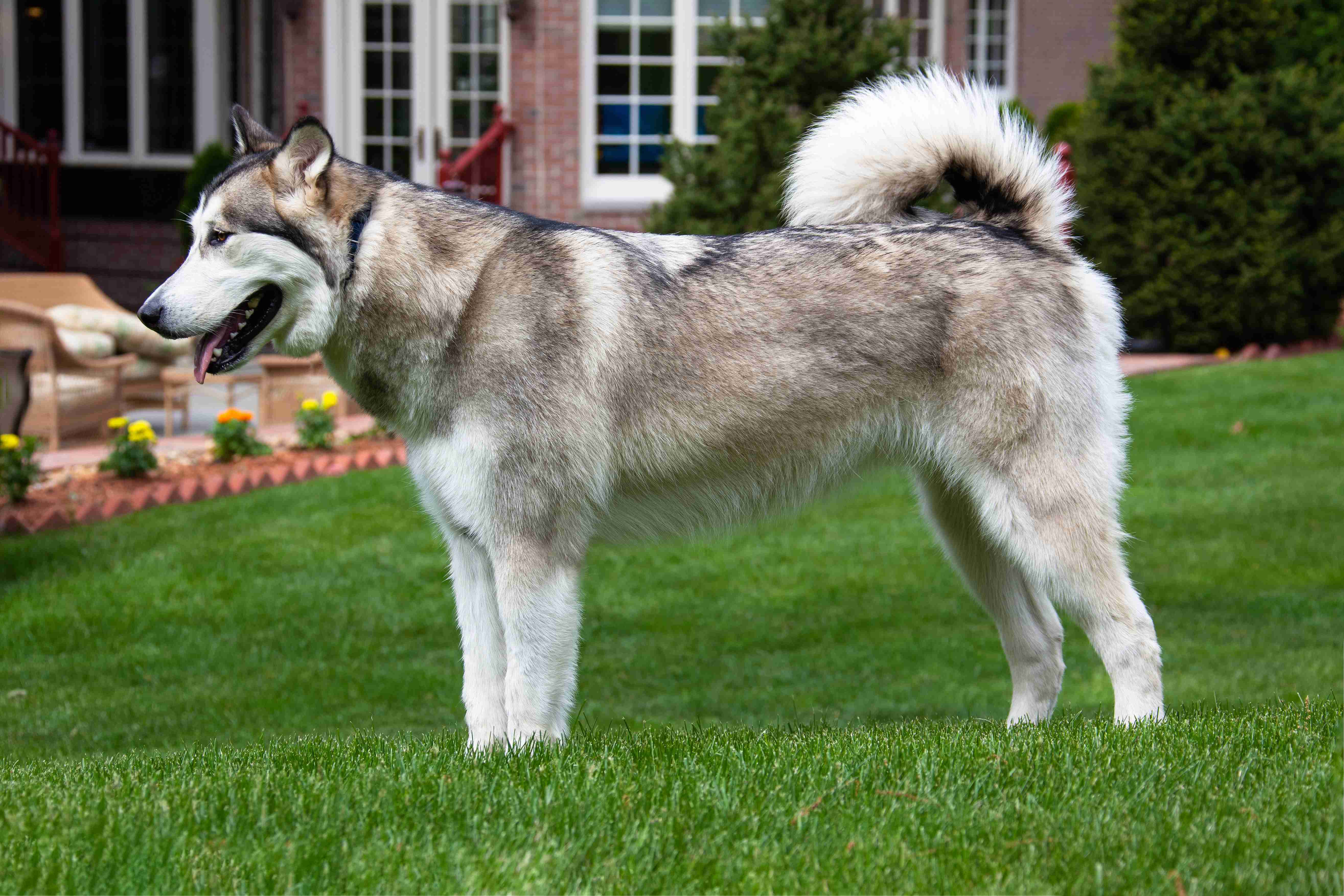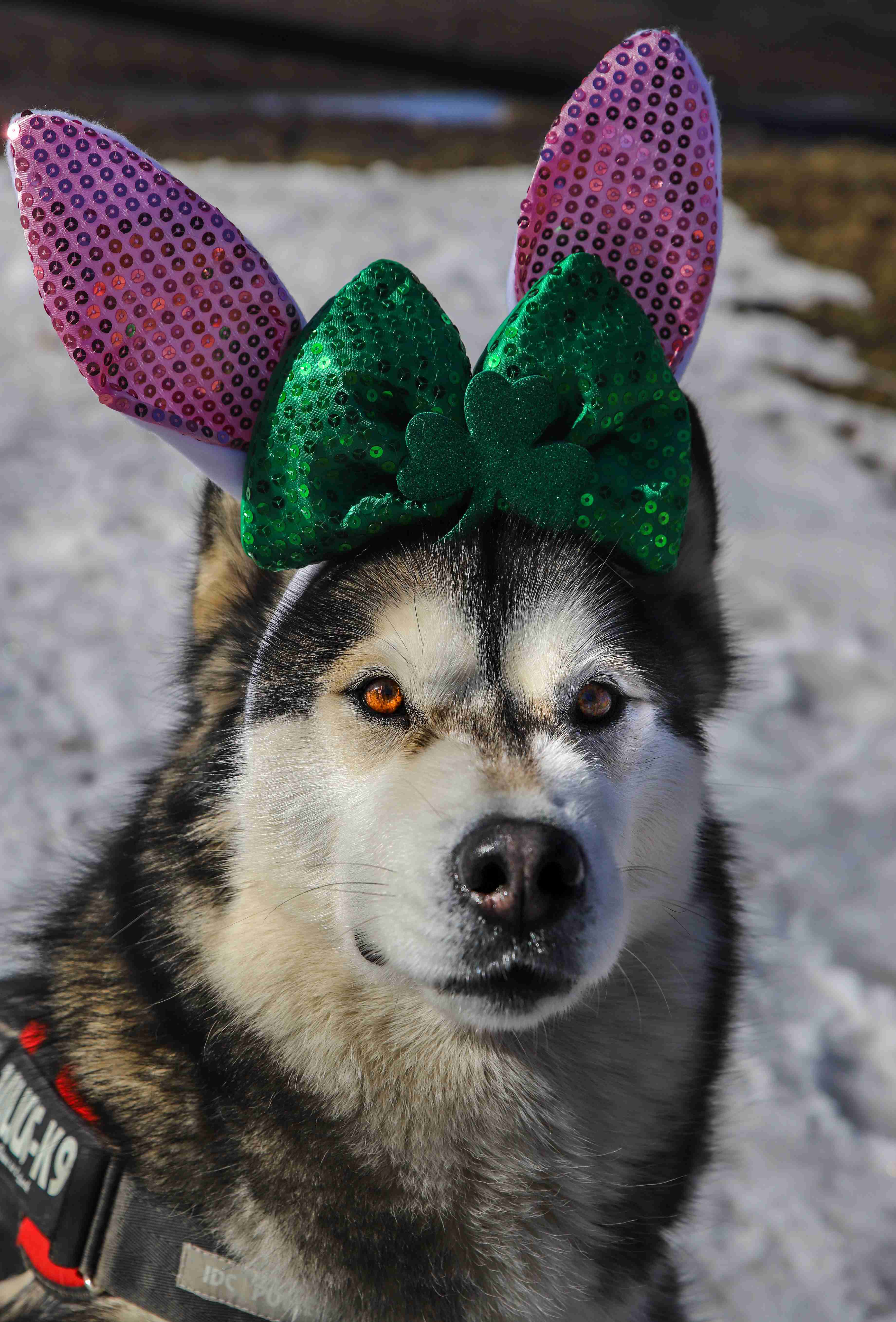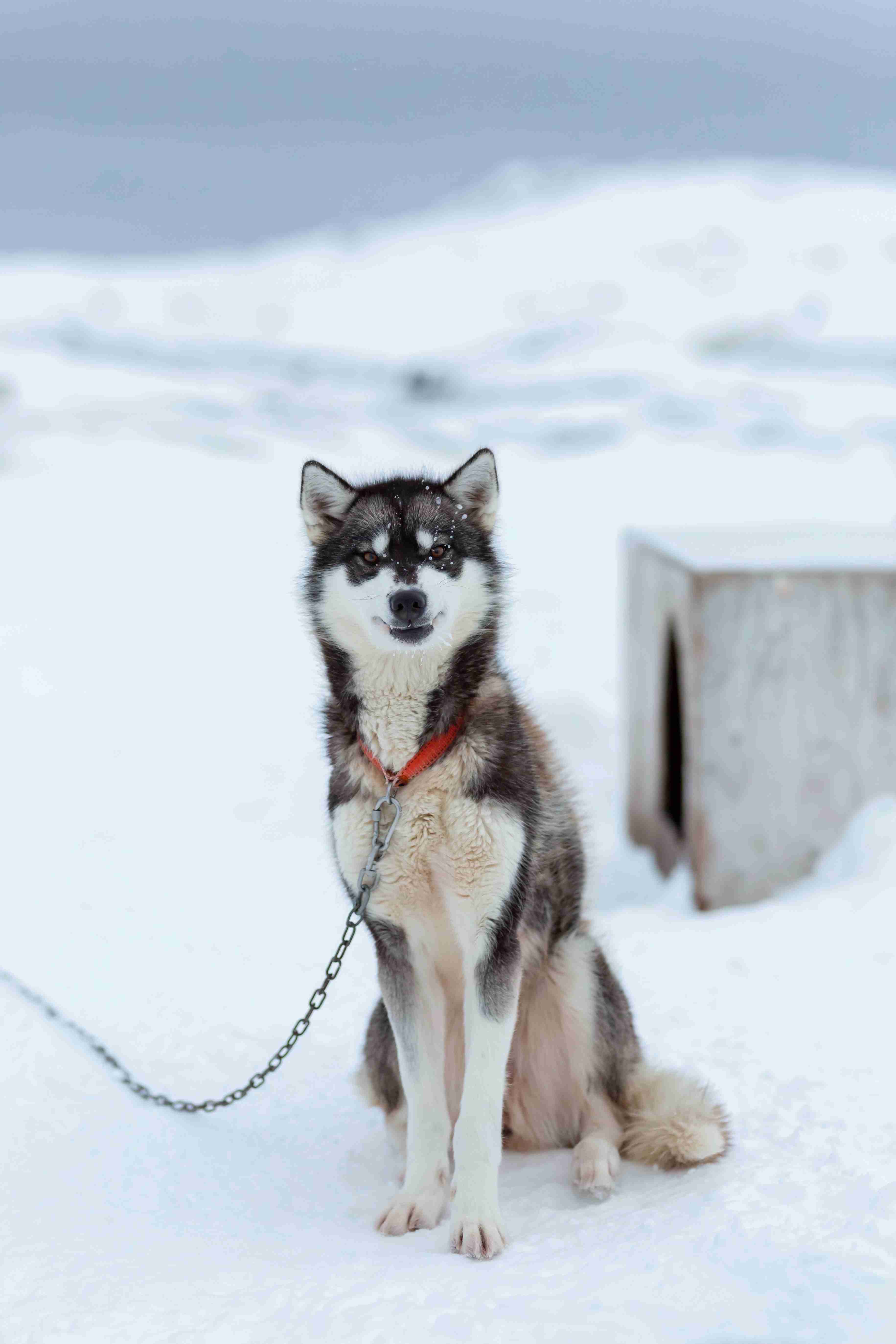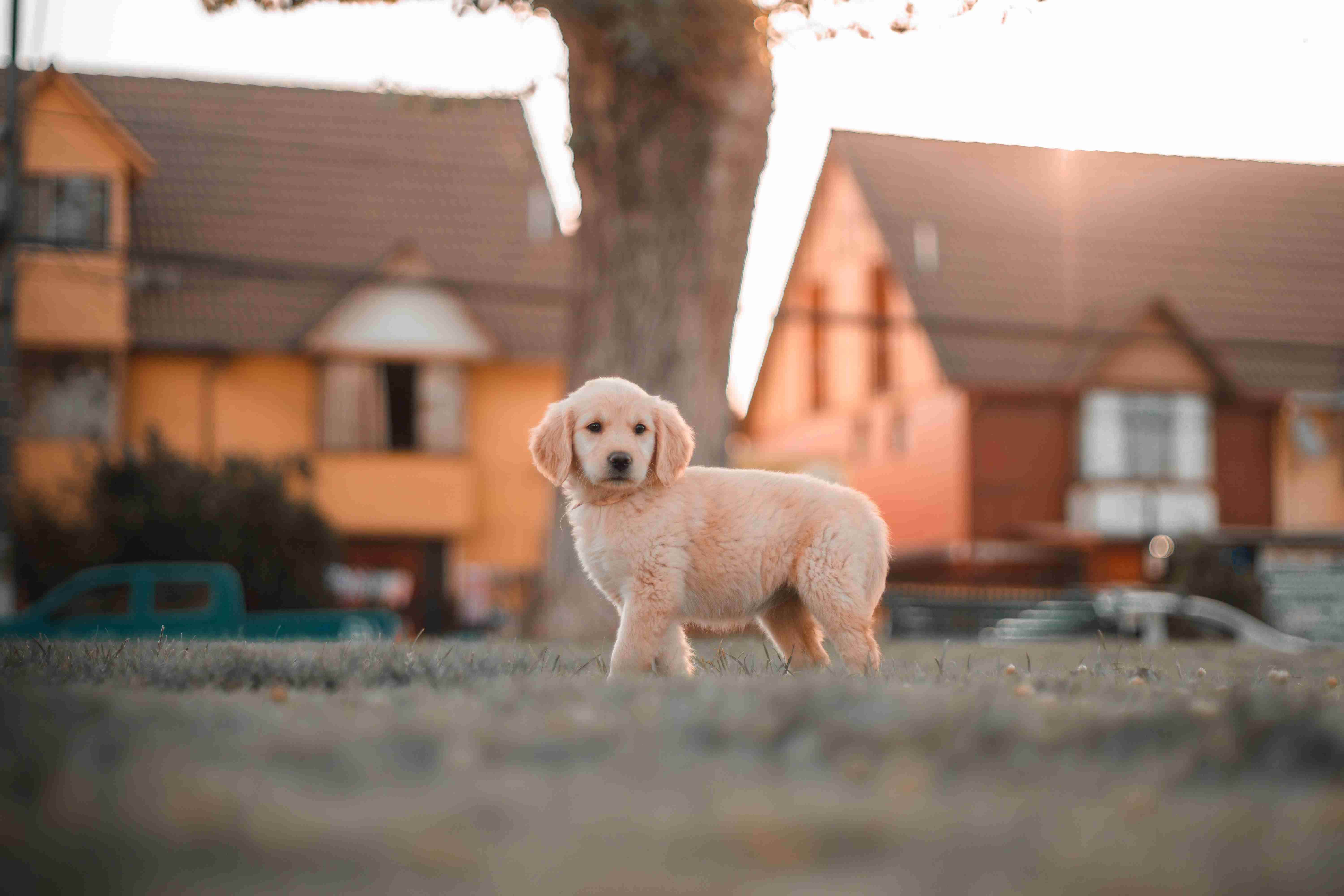Are you considering getting an Alaskan Malamute puppy but are unsure what to expect in terms of their weight? Look no further! Alaskan Malamutes are a large breed, so it’s important to have an understanding of their growth and development. In this comprehensive guide, we’ll take a look at the average weight of Alaskan Malamute puppies and provide some insight into what to expect as your furry friend grows. Whether you’re a first-time owner or a seasoned Malamute enthusiast, this guide is sure to provide valuable information to ensure your puppy’s healthy growth.
Unveiling the Average Weight of Alaskan Malamute Puppies: A Comprehensive Guide
Alaskan Malamutes are a popular breed of dogs known for their strength, endurance, and loyalty. They are excellent working dogs, commonly used for pulling sleds and carrying heavy loads. If you are considering adopting an Alaskan Malamute puppy, one of the things you might be wondering about is their average weight.
In this comprehensive guide, we will unveil the average weight of Alaskan Malamute puppies, as well as provide some helpful tips on how to ensure that your puppy grows up healthy and strong.
Average Weight of Alaskan Malamute Puppies
The average weight of an Alaskan Malamute puppy varies depending on their age and gender. Male puppies are generally larger and heavier than female puppies.
At birth, Alaskan Malamute puppies weigh around 1 pound. By the end of their first week, they typically double their weight, weighing around 2 pounds. By the end of their second week, they triple their weight, weighing around 3-4 pounds.
At 8 weeks old, Alaskan Malamute puppies should weigh around 15-20 pounds. By 6 months, they should weigh around 45-65 pounds. At 1 year old, they should weigh around 75-100 pounds.
It is important to note that these are just average weights, and your puppy may weigh more or less depending on their individual growth rate and other factors.
Factors That Affect the Weight of Alaskan Malamute Puppies
There are several factors that can affect the weight of Alaskan Malamute puppies. Some of these factors include:
- Genetics: The weight of your puppy can be influenced by the weight of their parents and other ancestors. If their parents were larger or smaller than average, your puppy may follow suit.

- Diet: The food that your puppy eats can also affect their weight. Feeding your puppy a high-quality diet that is appropriate for their age and size is crucial for ensuring that they grow up healthy and strong.
-
Exercise: Regular exercise is important for keeping your puppy at a healthy weight. Alaskan Malamutes are active dogs that require plenty of exercise to stay in shape.
-
Health: Certain health conditions can also affect your puppy’s weight. If you notice that your puppy is gaining or losing weight rapidly, it is important to consult with your veterinarian to rule out any underlying health issues.
Tips for Ensuring that Your Alaskan Malamute Puppy Grows Up Healthy and Strong
- Feed your puppy a high-quality diet that is appropriate for their age and size. Consult with your veterinarian to determine the best type of food for your puppy.
-
Provide plenty of exercise. Alaskan Malamutes are active dogs that require regular exercise to stay in shape.
-
Ensure that your puppy gets plenty of rest. Puppies require a lot of sleep to grow and develop properly.
-
Schedule regular check-ups with your veterinarian to ensure that your puppy is healthy and up-to-date on their vaccinations.
-
Socialize your puppy at a young age. Alaskan Malamutes are social dogs that require plenty of interaction with humans and other animals.
Conclusion
Overall, the average weight of an Alaskan Malamute puppy varies depending on their age and gender. It is important to ensure that your puppy receives a high-quality diet, plenty of exercise, and regular check-ups with your veterinarian to ensure that they grow up healthy and strong. With proper care and attention, your Alaskan Malamute puppy will grow into a loyal and loving companion for years to come.
In concluding, we hope that this comprehensive guide has provided valuable insights into the average weight of an Alaskan Malamute puppy. Remember that every puppy is unique, and their weight can vary based on several factors, such as genetics, diet, and exercise. As a responsible pet owner, it is essential to monitor your puppy’s weight, ensure they have a healthy diet, and engage them in regular exercise to keep them healthy and happy. With the right care and attention, your Alaskan Malamute puppy will grow into a beautiful, loving, and loyal companion for years to come.
Please follow us on Social Media





.jpg)

.jpg)
